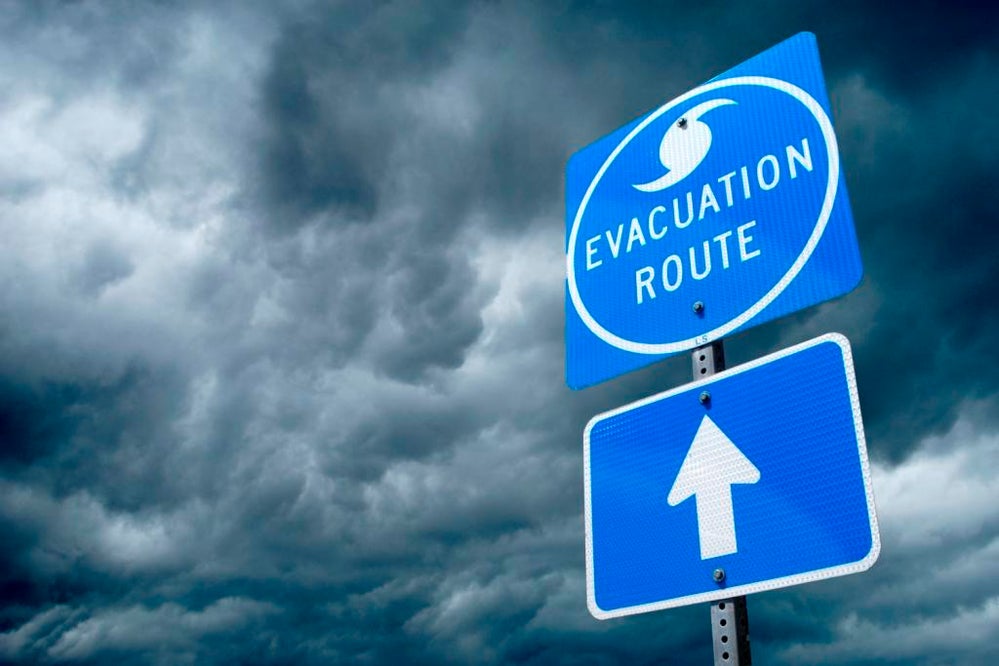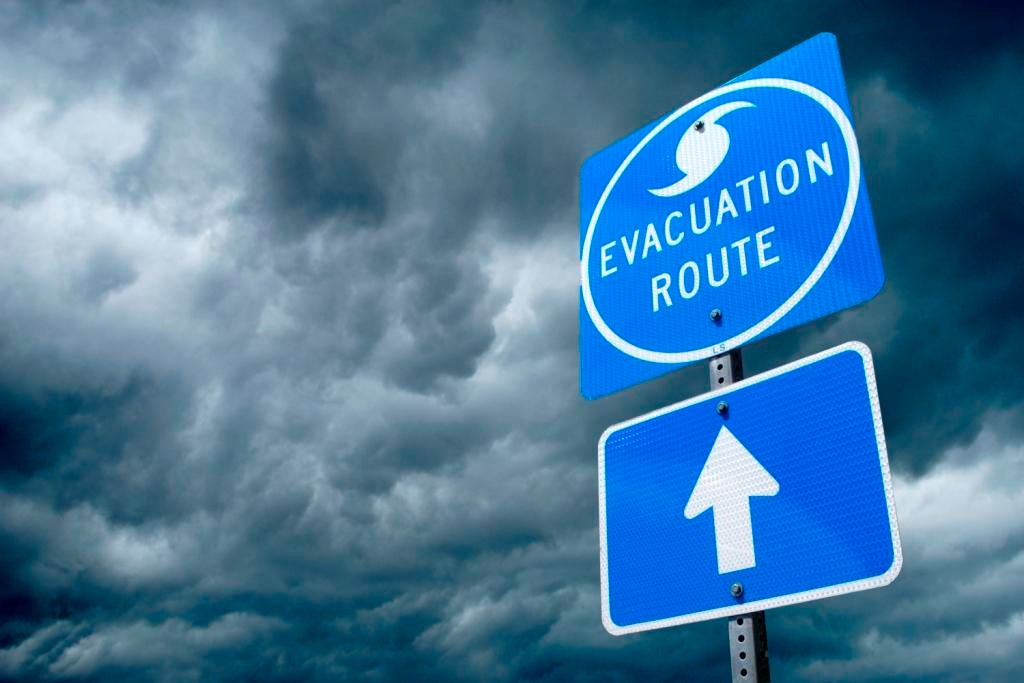Hurricane season is officially from June 1 to November 30, but it's important to be prepared all year round. Whether you live closer to the beach or a few miles inland, a strong enough hurricane can damage your home regardless. Here are some tips on how to protect you and your home from hurricane damage:
Check your insurance coverage
Damage from hurricanes is not included in most new home warranty policies, including Chesapeake Homes new home warranty policy, but it is covered by homeowners insurance. It’s always a good idea to make sure you have enough coverage to repair or rebuild your home in the event of a hurricane or tropical storm that produces high winds.
Secure loose items
Anything that can be blown around by the wind, such as lawn furniture, trash cans, and bicycles, should be secured or brought indoors. Once the wind starts getting stronger, these items become projectiles that can fly into your home or neighboring houses near you. Avoid this by ensuring your yard is free from loose items.
Trim trees and shrubs
Trees and shrubs that are close to your home can be dangerous in high winds. Trim them back so that they don't overhang your roof or windows to avoid potential damage when the wind picks up. It’s also a good idea to clean your gutters and drains to ensure water is able to flow away from the inside of your home.
Install hurricane shutters or plywood
Hurricane shutters are the best way to protect your windows from flying debris. These shutters are installed outside of your windows and can be swung closed when it’s time to protect your windows. If you don't have shutters, you can nail plywood over your windows prior to a hurricane.
Back up your important documents
This includes things like your insurance policies, birth certificates, and financial records. Store them in a safe place, such as a fireproof safe or a cloud storage service.
Have a plan
Know what you will do if a hurricane warning is issued for your area. Will you evacuate? If so, where will you go? Have a plan for your pets as well if you are not able to bring them with you.
It's also important to be aware of the risks of hurricanes and to take precautions keep yourself safe. Here are a few additional tips for your personal safety:
Listen to local news and weather reports
Stay informed about the latest hurricane forecast and be prepared to take action if necessary.
Evacuate
If you are told to do so, evacuate. This is the best way to protect yourself and your family from harm. Make sure your vehicles are filled with gas prior to the evacuation to eliminate extra stops.
Turn around, don’t drown
Follow the roads emergency workers recommend, even if there is a lot of traffic. Other routes may have flooded and can cause vehicles to stall or be swept away in as little as 6 inches of water. Be safe and follow the recommended route.
If you stay home, stay safe
Stay indoors during the storm and avoid driving. If you must go outside, wear sturdy shoes and clothing and be aware of your surroundings.
Check on your neighbors
After the storm, check on your neighbors, especially those who are elderly or disabled.
Move to high ground
If you live in a flood-prone area, elevate your home or move to higher ground.
Get a generator
Have a generator or other backup power source in case the power goes out.
Stock up
Stock up on food, water, and other supplies that you will need in the event of an evacuation. By the time a hurricane warning has been given, it’s likely the stores will be picked over quickly. To avoid empty shelves, it’s smart to keep extra of certain things like water and non-perishables on hand during the Hurricane months.
Lastly, it’s important to understand the difference between a tropical storm and a hurricane. While both weather systems can be damaging to your house, a tropical storm is generally a weaker storm with sustained winds under 73 mph. A hurricane will have maximum sustained winds of 74 mph or higher. Prior to either of these storms making landfall near your home, you will receive a “watch” or a “warning” issued by your local weather station. A “watch” means conditions are possible, but a hurricane or tropical storm is not guaranteed. A “warning” indicates that the tropical storm or hurricane is expected.
By following these tips, you can help to protect your home – and your family - from the damage caused by high winds, tropical storms, and hurricanes.



